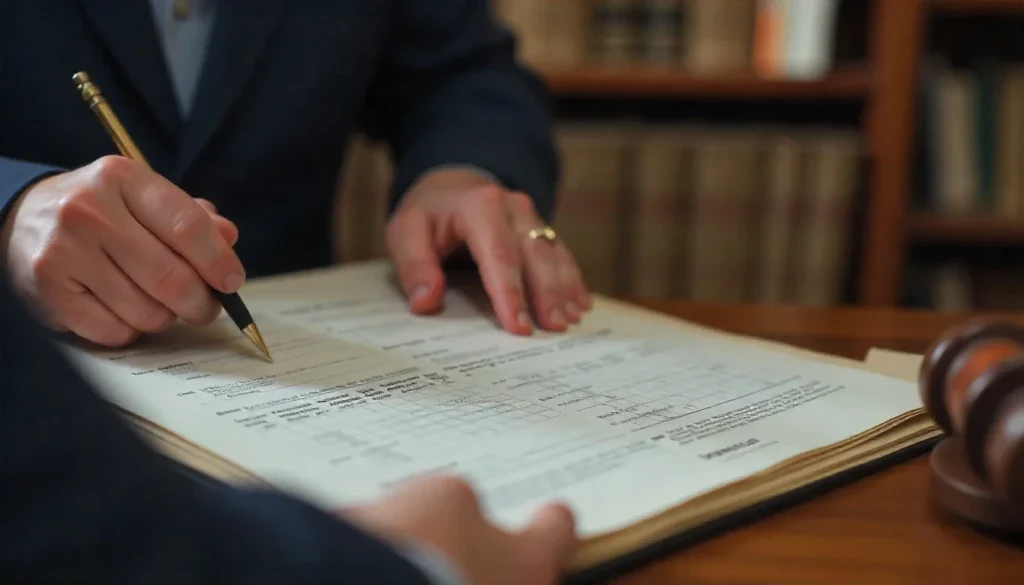Facing criminal charges in New South Wales (NSW) can be a daunting experience, especially when it comes to securing bail. Whether for yourself or a loved one, understanding how bail works in NSW is crucial to navigating the criminal justice system effectively. In this detailed guide, we’ll walk you through everything you need to know about bail applications in NSW, including the legal process, eligibility, common conditions, the role of criminal defence lawyers, and what to expect in court.
What Is Bail?
Bail is a legal agreement that allows a person charged with a criminal offence to be released from custody while they await trial or other court proceedings. In return, the accused agrees to comply with certain conditions and promises to attend all court dates.
Types of Bail in NSW
There are three main types of bail in NSW under the Bail Act 2013 (NSW):
-
Police Bail
Granted by police officers at the police station after an arrest. If police decide not to release someone, they must bring the accused before a magistrate for a court bail hearing. -
Court Bail
If police bail is refused, the court will decide whether to grant bail and under what conditions. -
Supreme Court Bail
For serious offences or after multiple bail refusals, an application may be made to the Supreme Court of NSW.
When Can You Apply for Bail in NSW?
You can apply for bail immediately after arrest or at your first court appearance. If bail is refused, you have the right to reapply, but you must demonstrate a change in circumstances or new evidence to support the new application.
Legal Tip: It’s essential to have a criminal defence lawyer prepare your bail application to increase your chances of success.

Factors the Court Considers in a Bail Application
Under the Bail Act 2013, the court uses the “unacceptable risk” test to decide whether the accused poses a risk to:
-
Commit further offences
-
Endanger the safety of victims or the community
-
Interfere with witnesses or evidence
-
Fail to appear in court
Additional Considerations:
-
The nature and seriousness of the offence
-
Criminal history of the accused
-
Community ties (family, job, residency)
-
Strength of the prosecution’s case
-
Previous compliance with bail conditions
Show Cause Offences: What Are They?
For certain serious charges, such as murder, drug trafficking, sexual assault, or firearm offences, the accused must “show cause” as to why their detention is not justified. This means the onus is on the defence to prove why bail should be granted.
Common Show Cause Offences:
-
Offences punishable by life imprisonment
-
Serious indictable offences committed while on bail or parole
-
Certain drug and firearm offences
Example: A person charged with commercial drug supply must “show cause” why their detention is not justified, before the court even considers unacceptable risk.
Common Bail Conditions in NSW
If bail is granted, the court will usually impose specific conditions to manage any perceived risks. Some common bail conditions include:
-
Reporting to a police station
-
Residing at a specific address
-
Surrendering a passport
-
Non-association with certain people
-
Curfews
-
Abstaining from alcohol or drugs
-
Electronic monitoring
Breach of these conditions can lead to bail being revoked and the person being returned to custody.
What Happens If Bail Is Refused?
If the court refuses bail, the accused will be remanded in custody until their matter is resolved. Depending on the nature of the offence, this could mean several weeks or even months in jail before trial.
You can reapply for bail, but usually only if:
-
There is new evidence
-
There is a significant change in circumstances
-
There has been an unreasonable delay
The Role of a Criminal Defence Lawyer in Bail Applications
A criminal lawyer plays a vital role in drafting, filing, and arguing a bail application. They will:
-
Assess the strength of the prosecution’s case
-
Identify risk factors and how to mitigate them
-
Gather evidence of community ties, employment, or family support
-
Prepare sureties or character references
-
Present persuasive arguments in court
At Lyon Legal Services, we have extensive experience in helping clients secure bail across NSW, including in Parramatta, Sydney CBD, Penrith, Liverpool, and other Local and District Courts.

What Is a Surety in Bail?
A surety is a person (usually a family member or close friend) who offers a sum of money or property to guarantee that the accused will comply with bail conditions. If the accused breaches bail, the surety risks losing the money or assets they pledged.
Important: The surety must prove that the funds or assets are lawfully acquired.
How to Strengthen Your Bail Application
To improve your chances of bail being granted:
-
Hire an experienced criminal lawyer
-
Have a fixed address and stable living arrangements
-
Provide employment or study details
-
Submit strong character references
-
Demonstrate previous good behaviour
-
Offer a surety if possible
Being prepared and showing that you are not a flight risk can significantly influence the court’s decision.
Urgent Bail Applications and After-Hours Court
In some cases, it is possible to make urgent bail applications, especially if the accused has medical needs, mental health issues, or family responsibilities. The NSW Bail Court and some after-hours court services allow for emergency applications outside of regular hours.
Recent Reforms and Case Law Trends
The Bail Act 2013 has undergone multiple amendments over the years, tightening rules for serious offences and emphasising community safety. Courts are increasingly cautious about granting bail for offences involving:
-
Domestic violence
-
Repeat offenders
-
Weapons or firearms
Recent cases in NSW have shown that well-prepared bail submissions with strong supporting documents (housing, employment, medical reports) continue to sway judicial discretion.
Bail for Juveniles in NSW
The law treats juveniles (under 18) differently from adults. Courts are more inclined to grant bail for young people, particularly if:
-
They have no prior criminal record
-
Supportive family arrangements are in place
-
They are attending school or vocational training
Special Considerations for Youth Bail:
-
Placement with a responsible adult
-
Supervised accommodation
-
Involvement of youth justice services
How Long Does Bail Last?
Bail continues until the court finalises the case, unless:
-
Bail is revoked
-
The person breaches bail
-
The accused is convicted and sentenced
Bail may be reviewed or varied if circumstances change, such as changes in charges, new evidence, or delays in trial.
Consequences of Breaching Bail in NSW
Breaching bail conditions can have serious consequences:
-
Immediate arrest
-
Revocation of bail
-
Possible criminal charges for the breach
-
Harsher conditions if re-released
If you unintentionally breach a bail condition (e.g., due to illness or emergency), notify your lawyer immediately. A good legal team can sometimes mitigate consequences if you act quickly and responsibly.
Lyon Legal Services: Your Trusted Bail Lawyers in NSW
Navigating the bail process is complex, and having the right legal support can make all the difference. At Lyon Legal Services, we provide:
✅ Strategic bail application preparation
✅ Expert representation in Local, District, and Supreme Courts
✅ Compassionate and clear advice tailored to your case
✅ Assistance with urgent or after-hours applications
Whether you’re facing your first charge or a serious allegation, we’re here to guide you every step of the way.
Contact us today for a confidential consultation or urgent bail support.
Frequently Asked Questions (FAQs)
Q1: Can I apply for bail more than once?
Yes, but you need to show new facts or a change in circumstances.
Q2: Is bail guaranteed for first-time offenders?
Not necessarily. Each case is assessed on risk and legal criteria.
Q3: Can I get bail for a serious offence like assault or robbery?
Possibly, but you may have to “show cause” why you should be granted bail.
Q4: How long does it take to process a bail application?
It depends on the court’s availability, but urgent applications may be heard on the same day.
Conclusion
Understanding bail in NSW is essential if you or someone you know has been charged with a criminal offence. With the right legal strategy and timely advice, many people are able to secure bail and continue their lives while preparing for court. Don’t face the system alone—contact a qualified criminal defence lawyer to ensure your rights are protected.


















